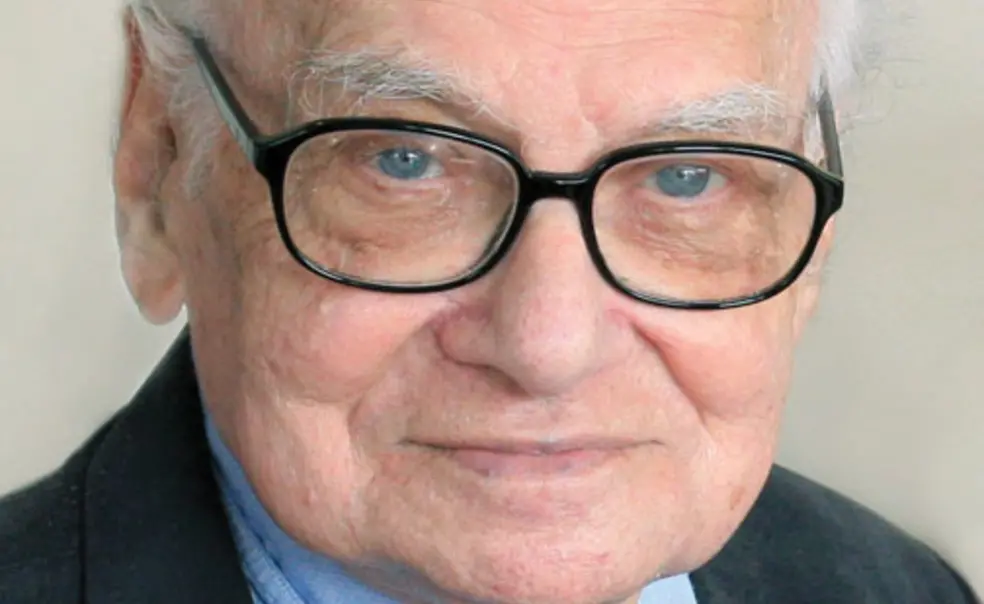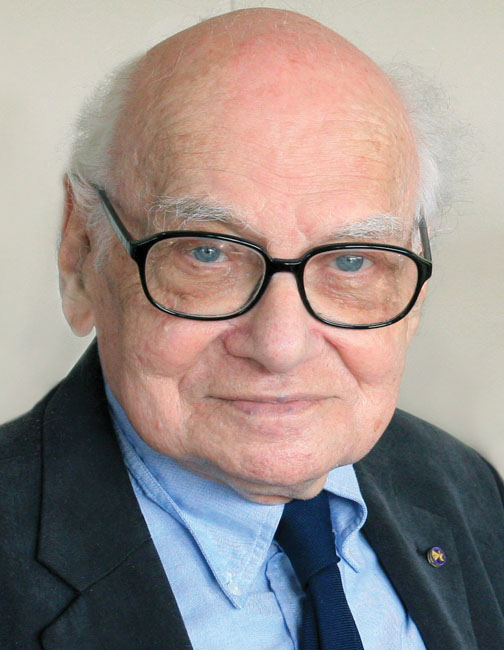From the Editor
You won’t find an article about Milton Babbitt *92 in this issue, PAW’s celebration of music. But his presence is felt on almost every page.
Babbitt, who died in January 2011, was a world-renowned composer and theorist, a mentor to major figures in American music, and a critical influence on generations of Princetonians. He joined the Princeton faculty in 1938 at the age of 22 — before the University even had a music department. He was a mathematician who taught that subject at Princeton during World War II and thought music should be equally rigorous.
When you read PAW’s articles about Princeton’s distinguished graduate program in musical composition (page 42), remember Babbitt, who was the major force in its creation. When you read about the computer-infused music by Princeton alumni (page 34), recall that Babbitt co-founded the pioneering Columbia-Princeton Electronic Music Center in the late 1950s.
You’ll learn about Princeton composers breaking through musical boundaries by using instruments in new ways to create different sounds – well, there are few bigger boundary-breakers than Babbitt, who ushered in a challenging, atonal style of music that came to be called “total serialism.” Guitarist Stanley Jordan ’81, who plays jazz and rock, so admires Babbitt that he titled a composition on his most recent album: “One for Milton.”
Babbitt’s music was described as complex and often as “severe” — not something that pleased the average concertgoer. In 1948, High Fidelity magazine published his essay “Who Cares if You Listen?” (Babbitt didn’t choose the title, and disliked it), which argued that contemporary music was best understood by specialists. In 2006, Babbitt told PAW’s Mark F. Bernstein ’83: “Now obviously, I care very deeply if you listen. ... But I care how you listen. If someone comes up and says that a piece I wrote is too loud or too dissonant, I’ll try to discuss what he means. ... But most of the people who make those sorts of complaints don’t know music.”
It’s worth noting that while his music may have been “severe,” Babbitt had another side. He was a teacher of the crowd-pleasing Stephen Sondheim, and had a sharp sense of humor. He told Bernstein how he received his Ph.D. from Princeton half a century after submitting his dissertation to the music department. Why not earlier? The faculty, he said, “couldn’t understand it.”













No responses yet